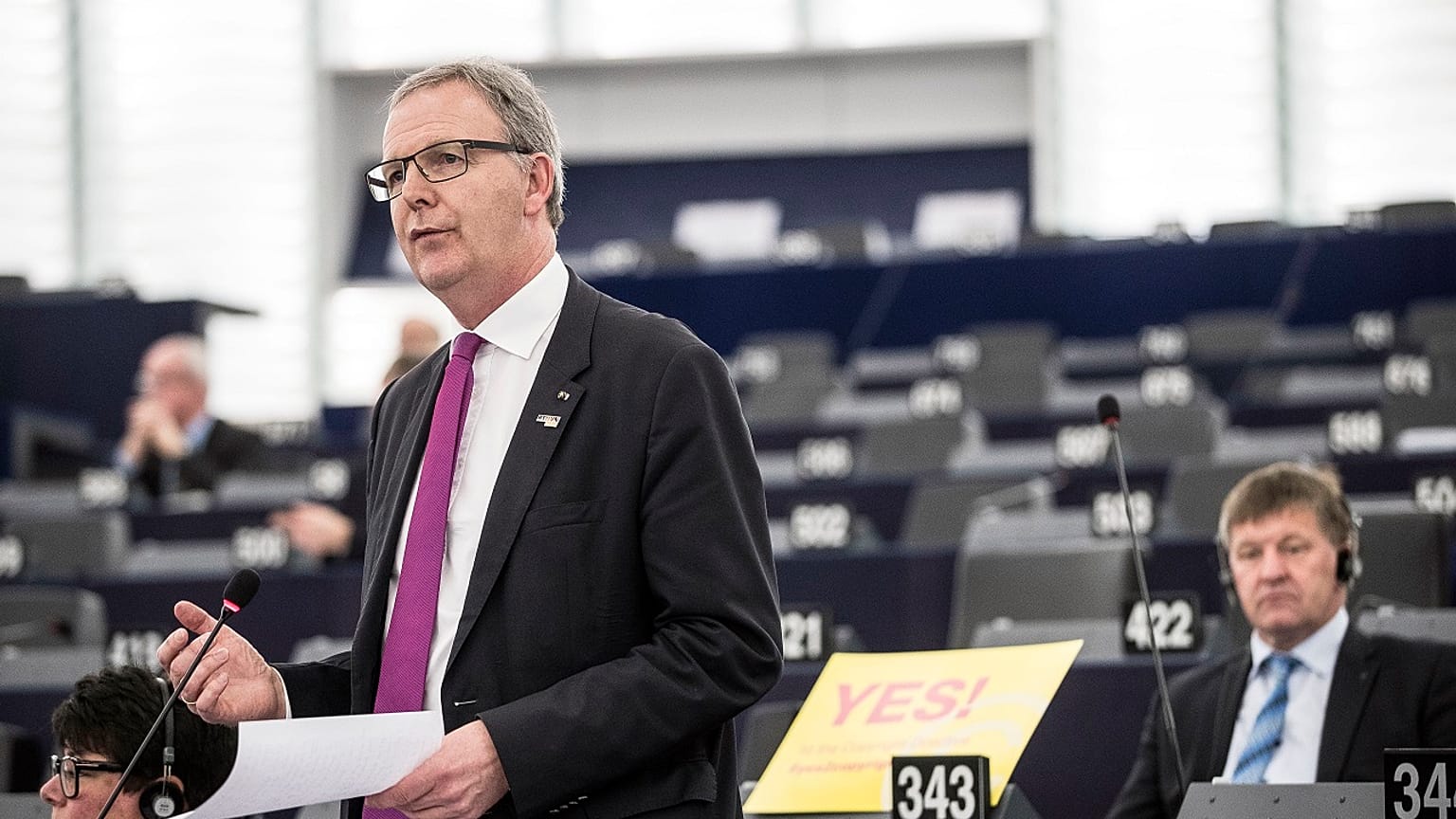The Parliament’s lead negotiator began work on AI liability rules this month.
The European Parliament's lead lawmaker responsible for steering new AI Liability rules - German European People's Party MEP Axel Voss - has slammed a European Commission plan to withdraw its proposal as a “strategic mistake”.
The Commission’s 2025 work program will be presented in Strasbourg on Wednesday, setting out timelines for legislative initiatives in the coming year, but also flagging which proposals will be withdrawn. An AI Liability Directive was proposed in parallel with the Bloc’s AI Act in 2022 but according to the EU executive “no foreseeable agreement” is seen on the proposal in the coming year.
The Commission proposed the AI Liability Directive in 2022 in a bid to modernise existing rules with new provisions covering harms caused by AI systems and to ensure uniformity of protection.
The document is now on the list of withdrawals. “The Commission will assess whether another proposal should be tabled or another type of approach should be chosen,” the text says.
Voss, who this month began a consultation to gather industry reactions on the scope of the rules to prepare the work in Parliament, told Euronews that the scrapping of the rules will mean “legal uncertainty, corporate power imbalances, and a Wild West approach to AI liability that benefits only Big Tech."
"The reality now is that AI liability will be dictated by a fragmented patchwork of 27 different national legal systems, suffocating European AI startups and SMEs,” he added.
Scepticism
The Brussels tech lobby and consumer organisations were divided about the need for additional rules. The industry claims that the issues are already covered under the revamped Product Liability Directive (PLD), while consumer groups welcomed the plan.
A study by the Parliament’s research service, presented in the Parliament’s legal affairs committee (JURI) late January, pointed to problems that might arise as a result of large language models, including ChatGPT and Claude.ai, falling out of the scope of the current Product Liability Directive.
Voss said that unlike the AI Act, which is an up-front regulatory framework, the liability directive would only apply when AI actually caused harm.
"With such strategic mistakes, I unfortunately lack the confidence that we will ever be able to create a future-oriented digital single market," Voss said.
European Commissioner Maroš Šefčovič, who presented the Commission plans in Strasbourg, said in a press conference: "What applies to all the withdrawals: we have been looking at how the file has been progressing. We have seen that these proposals are stuck sometimes for many years. We have serious doubt it would make progress this year."
Šefčovič added that the list is an invitation to the co-legislators for debate, and that the Commission could be convinced to keep it on the table if they stress they can do some extensive work on it in the next year.
This story has been updated with a comment from the European Commission, and a reference to the stance of the consumer groups.


















